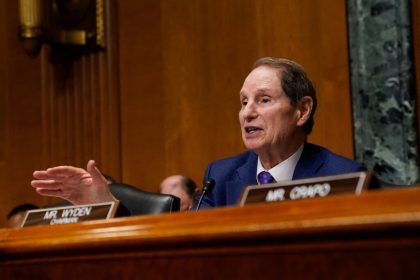Reports indicate that the rate of investment in AI medical note-taking applications will double in 2024; Because tech giants including Microsoft and Amazon and startups are in a tight race for a share of the $26 billion AI healthcare market.
Data from PitchBoo indicates that AI startups focused on creating digital “authors” and health professionals will attract nearly $800 million in funding in 2024, compared to $390 million in 2024. Millions of dollars raised in 2023 is a staggering growth.
The surge in funding comes as groups rush to launch AI-based products; Startups aim to make medical note-taking faster for doctors and improve interactions with patients, and health has become a key growth area in the AI boom.
Microsoft, Amazon and Oracle have launched AI assistants for doctors that use large-scale language models and speech recognition to automatically generate doctors’ notes from patient visits, highlighting relevant details.
“I don’t think I’ve ever seen anything more transformative in 15 years of healthcare than AI assistants for doctors,” says Harpreet Sood, a primary care doctor in south London.
“In a clinic with 40 patients a day, traditional note-taking can take at least two hours,” says Sood.
He added: “It cuts down the time it takes to take notes from 10 minutes to 3-4 minutes, and it really helps a lot with note-taking.”
Nabla’s note-taking app is one such AI tool that uses ChatGPT’s OpenAI transcription tool, and has been used to take notes on about 7 million medical visits since October last year.
Hospitals and GPs across the UK NHS have been trialling AI note-taking as a way to save time and improve doctor-patient interactions.
According to a Mayo Clinic study, doctors spend an average of one-third of their workday on clerical tasks, such as taking notes.
Meanwhile, Microsoft said Nuance’s DAX Copilot tool, which launched just over a year ago, now records more than 1.3 million physician and patient visits per month in more than 500 US healthcare groups.
Microsoft has said that the AI tool will reduce the time that doctors spend on clinical documentation by 50%.
RCO NEWS
















